Filter by
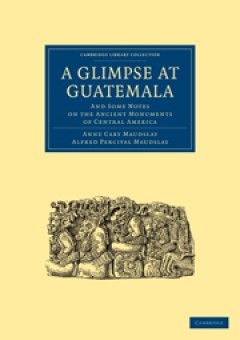
A Glimpse at Guatemala, and Some Notes on the Ancient Monuments of Central Am…
Alfred Percival Maudslay (1850–1931) was a British colonial administrator and archaeologist who is widely considered the founder of modern Mesoamerican archaeology. After graduating from Trinity Hall, Cambridge, in 1872 Maudslay made his first visit to Guatemala before becoming a colonial administrator working in Trinidad and Fiji. After retiring from colonial service in 1880 he returned to G…
- Edition
- -
- ISBN/ISSN
- 9780511686962
- Collation
- -
- Series Title
- Cambridge Library Collection - Archaeology
- Call Number
- -
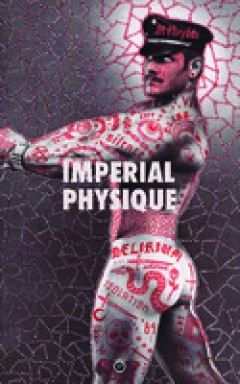
Imperial Physique
"In 2008, JH Phrydas wrote a story about how bodies talk without words. He wanted the story to not just describe the silent ritual of nonverbal communication but to perform it. The interaction would be visceral – the exchange melancholic, yet full of lust. He wanted words to retain the unsayable: the subtle movements of a body in heat. In the years since, Phrydas kept rewriting this story, us…
- Edition
- -
- ISBN/ISSN
- 9781950192533
- Collation
- -
- Series Title
- -
- Call Number
- -
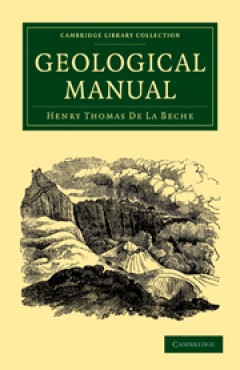
A Geological Manual
Henry De la Beche (1796–1855) was a geologist who published widely on various aspects of this science and was elected to the Royal Society in 1823. He was involved with the Ordnance Survey maps of Britain, and became president of the Geological Society in 1847. De la Beche was also instrumental in the 1851 opening of two influential institutions: the Museum of Practical Geology and the School…
- Edition
- -
- ISBN/ISSN
- 9780511973307
- Collation
- -
- Series Title
- -
- Call Number
- -
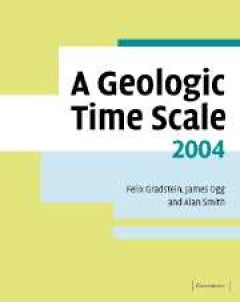
A Geologic Time Scale 2004
An international team of over forty stratigraphic experts have helped to build the most up-to-date international stratigraphic framework for the Precambrian and Phanerozoic. This successor to A Geologic Time Scale 1989 by W. Brian Harland et al. (CUP 0521 387655) begins with an introduction to the theory and methodology behind the construction of the new time scale. The main part of the book is…
- Edition
- -
- ISBN/ISSN
- 9780511536045
- Collation
- -
- Series Title
- -
- Call Number
- -
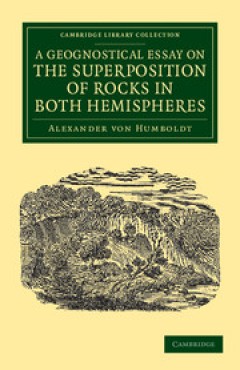
A Geognostical Essay on the Superposition of Rocks in Both Hemispheres
The explorer and multi-disciplinary scientist Alexander von Humboldt (1769–1859) was a prominent figure in the European scientific community of the eighteenth and nineteenth centuries and the first to make a scientific survey of South and Central America. His travels alone brought him widespread recognition, but the extensive field notes and research he undertook were developed further on his…
- Edition
- -
- ISBN/ISSN
- 9781139226875
- Collation
- -
- Series Title
- Cambridge Library Collection - Earth Science
- Call Number
- -
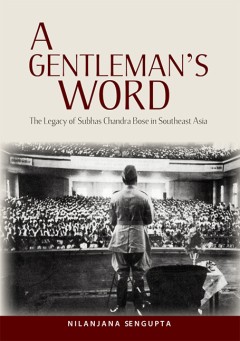
A Gentleman's Word The Legacy of Subhas Chandra Bose in Southeast Asia
The great Indian nationalist leader Subhas Chandra Bose arrived in Singapore in 1943 to revitalize the Indian National Army (INA). Taking the opportunity of the Japanese occupation of parts of Southeast Asia, he launched armed struggle against British colonial rule in India. Two years later, that attempt failed at the eastern gates of India. Yet, it was a temporary failure because the INA helpe…
- Edition
- -
- ISBN/ISSN
- 9789814379793
- Collation
- -
- Series Title
- Books and Monographs
- Call Number
- -
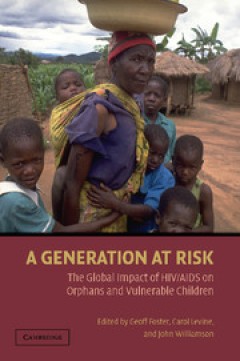
A Generation at Risk
With a Foreword by Desmond Tutu, Generation at Risk brings insightful perspectives from experienced practitioners and researchers on how a better future can be secured for the millions of children who are being orphaned or made vulnerable by HIV/AIDS. The current situation of these children is grim, and while there has been significant action by governments, international organizations, religio…
- Edition
- Geoff Foster,Carol Levine,John Williamson
- ISBN/ISSN
- 9781139164436
- Collation
- -
- Series Title
- -
- Call Number
- -
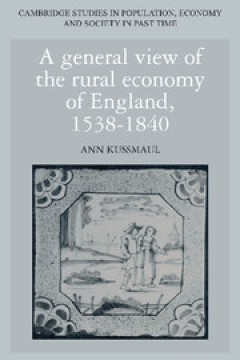
A General View of the Rural Economy of England, 1538–1840
In rural England prior to the Industrial Revolution people generally married when they were not busy with work. Parish registers of marriage therefore form an important and innovative source for the study of economic change in this period. Dr Kussmaul employs marriage dates to identify three main patterns of work and risk (arable, pastoral and rural industrial) and more importantly to show the …
- Edition
- -
- ISBN/ISSN
- 9780511560675
- Collation
- -
- Series Title
- Cambridge Studies in Population, Economy and Society in Past Time
- Call Number
- -
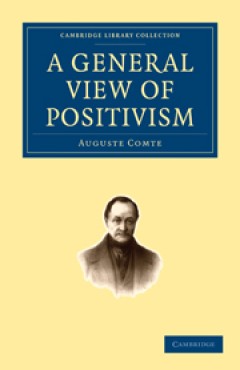
A General View of Positivism
In A General View of Positivism French philosopher Auguste Comte (1798–1857) gives an overview of his social philosophy known as Positivism. Comte, credited with coining the term 'sociology' and one of the first to argue for it as a science, is concerned with reform, progress and the problem of social order in society. In this English edition of the work, published in 1865, he addresses the p…
- Edition
- -
- ISBN/ISSN
- 9780511692888
- Collation
- -
- Series Title
- Cambridge Library Collection - Religion
- Call Number
- -
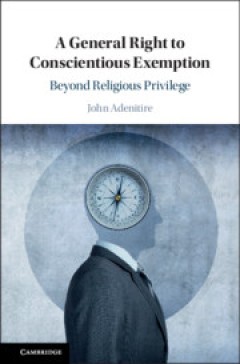
A General Right to Conscientious Exemption
The book argues that there is in the US, Canada and UK, a general right to conscientious exemption available to a person who objects to any legal obligation whatsoever on the basis of a religious or non-religious conscientious belief. The book provides a liberal defence of this right and argues that it should be considered a defining feature of a liberal democracy. A general right to conscienti…
- Edition
- -
- ISBN/ISSN
- 9781108777780
- Collation
- -
- Series Title
- -
- Call Number
- -
 Computer Science, Information & General Works
Computer Science, Information & General Works  Philosophy & Psychology
Philosophy & Psychology  Religion
Religion  Social Sciences
Social Sciences  Language
Language  Pure Science
Pure Science  Applied Sciences
Applied Sciences  Art & Recreation
Art & Recreation  Literature
Literature  History & Geography
History & Geography